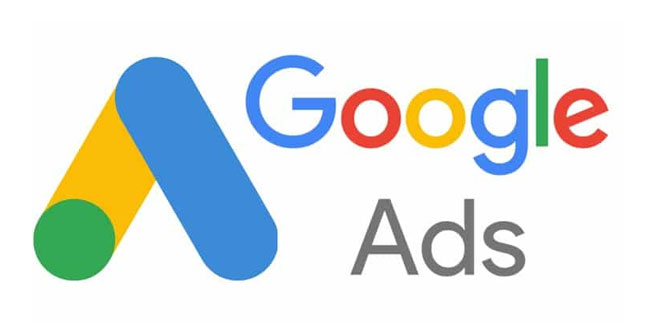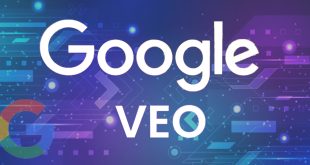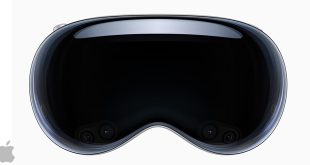Introduction: The Dawn of AI-Driven Marketing
Google has fundamentally transformed digital advertising with AI Max, the most advanced iteration of its Performance Max platform. This isn’t just an incremental update—it’s a complete reimagining of how ads are created, optimized, and delivered. By integrating generative AI, predictive analytics, and autonomous optimization, AI Max represents the biggest leap in digital advertising since the advent of programmatic buying.
Early results from beta testers show staggering improvements:
- 35% higher click-through rates
- 22% lower customer acquisition costs
- 70% faster campaign setup times
- 60% reduction in creative production costs
Core Technology: How AI Max Works
1. Generative AI Creative Studio
Unlike traditional platforms requiring manual asset creation, AI Max’s neural networks:
- Instantaneously produce 100+ ad variants (headlines, images, videos)
- Maintain strict brand compliance across all assets
- Auto-format for each platform (Search, YouTube, Display, etc.)
Real-World Example:
An automotive dealer inputs “2025 electric SUV promotions” and receives:
✔ 15 headline variations
✔ 8 high-resolution vehicle images
✔ 3 professionally edited video clips
✔ All formatted for different platforms
2. Intent-Based Predictive Targeting
The system analyzes multiple data streams in real-time:
- Search patterns (emerging trends)
- Cross-platform engagement (YouTube, Discover, Maps)
- Purchase intent signals (shopping behavior)
Result: Ads serve only when users exhibit strong commercial intent, reducing wasted impressions by 40% compared to manual targeting.
3. Self-Optimizing Campaign Engine
AI Max continuously refines:
- Bid strategies (adjusting in real-time)
- Audience targeting (shifting to best performers)
- Creative mix (retiring underperforming assets)
Enterprise Case Study:
A Fortune 500 retailer saw 28% better lead quality when AI Max automatically reallocated budget from Display to YouTube mid-campaign.
Performance Benchmarks: The Hard Data
| Metric | Improvement | Business Impact |
|---|---|---|
| CTR | +35% | More qualified traffic |
| CPA | -22% | Lower marketing costs |
| Setup Time | -70% | Faster go-to-market |
| Creative Costs | -60% | Reduced production overhead |
Strategic Implementation Guide
For Marketing Teams:
- Activation: Enable in Google Ads dashboard
- Onboarding: Upload brand guidelines (voice, colors, imagery rules)
- Optimization: Set KPIs and budget constraints
- Scaling: Monitor AI-driven adjustments
For Different Business Sizes:
- SMBs: Democratizes enterprise-level advertising
- Enterprises: Unifies cross-channel reporting
- Agencies: Manages 10X more campaigns with same staff
The Future Roadmap
Google’s planned enhancements include:
- 2024: Voice/visual search integration
- 2025: Fully autonomous campaign mode
- 2026: Predictive regional demand forecasting
Industry Prediction:
By 2026, 80% of search ads will be AI-generated, fundamentally changing marketing team structures.
Critical Considerations
Potential Challenges:
⚠️ Brand Safety: Requires meticulous guideline setup
⚠️ Learning Curve: New interface paradigms to master
⚠️ Market Saturation: Competitive advantage narrows as adoption grows
Pro Tips for Early Adopters:
- Combine with first-party data for unbeatable targeting
- Start with 20% of budget to test performance
- Monitor “AI Suggestions” tab for optimization insights
Expert Commentary
“This shifts marketers from executors to strategists,” notes Dr. Emily Roberts, MIT Digital Lab. “The AI handles tactical work while humans focus on big-picture storytelling.”
Final Verdict: A New Era Begins
AI Max doesn’t just change how we advertise—it redefines what’s possible in digital marketing. While human strategy remains essential, execution is now firmly in the AI’s domain. Businesses that delay adoption risk falling behind competitors leveraging these capabilities.
 Digital Tech Byte Latest Technology News
Digital Tech Byte Latest Technology News




